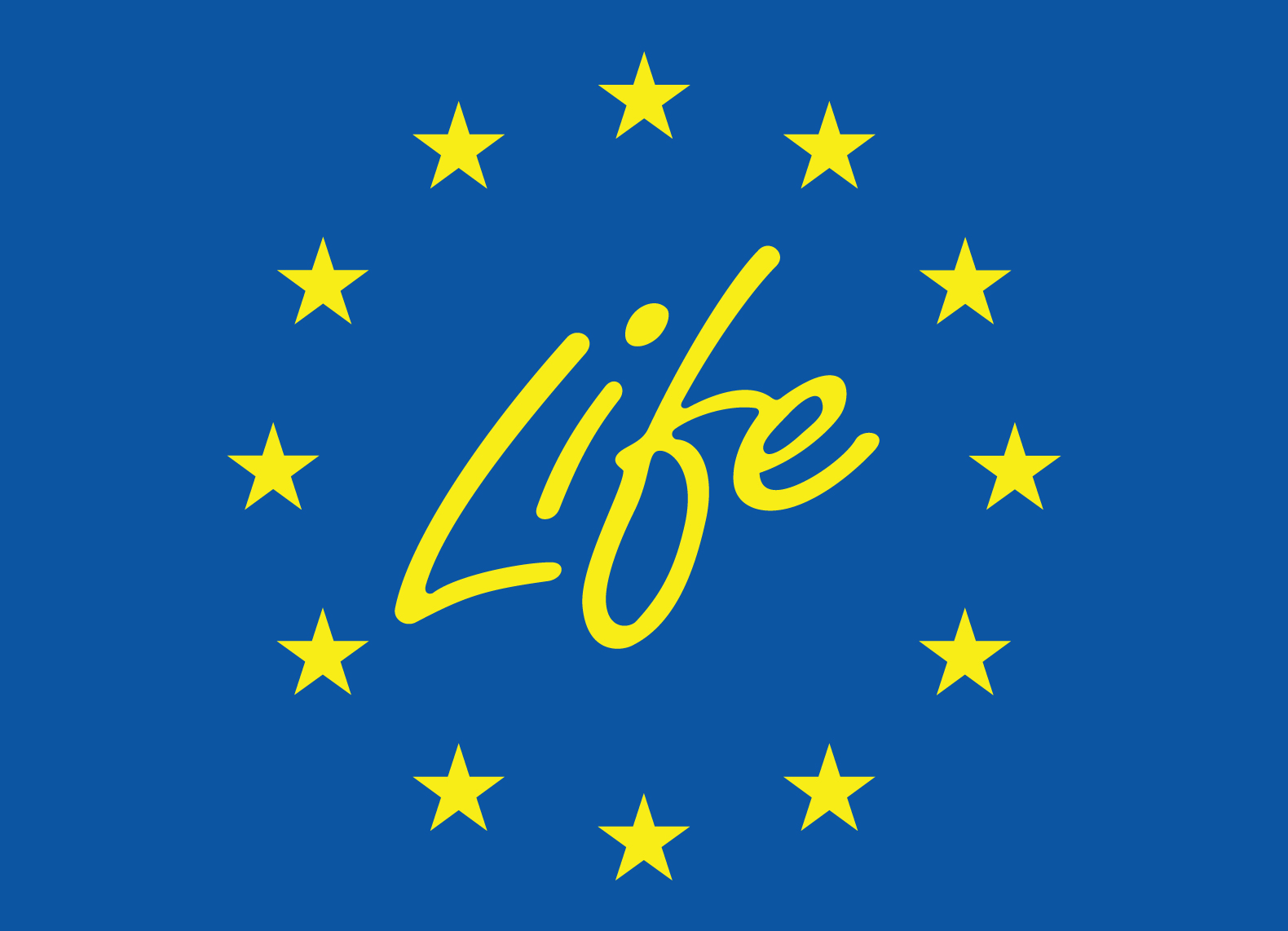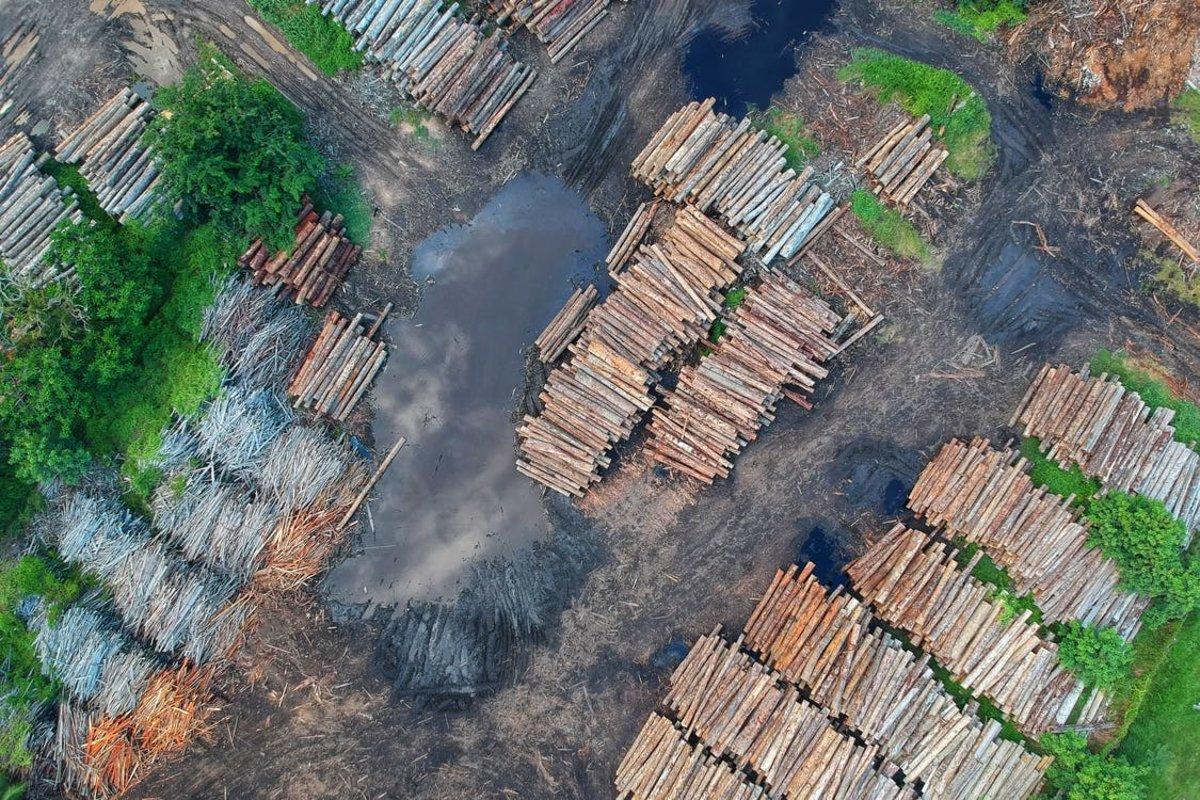AUTHORS: Eline Blot – Marianne Kettunen
IEEP has submitted feedback to the European Commission’s public consultation on minimising the risk of deforestation and forest degradation associated with products placed on the EU market.
| A Commission funded study found that between 1990 and 2008, European consumption was responsible for 10% of global deforestation associated with the production of goods and services. In this context, as announced in the European Green Deal, the Commission seeks to minimise the EU’s contribution to deforestation and forest degradation worldwide and promote the consumption of products from deforestation-free supply chains in the EU. The Commission restated its intention in both the Biodiversity Strategy for 2030 and the Farm to Fork Strategy. |
IEEP welcomes the opportunity to submit its opinion to the European Commission’s public consultation survey, which covered several important aspects linked to deforestation and forest degradation associated with global value chains. However, this complementary written submission highlights two additional issues not addressed in the survey that IEEP considers of key importance for future discussions, particularly linked to the trade dimension of these problems:
- The formulation of sustainability criteria and definitions for deforestation-free products; and
- The role EU trade agreements and supporting processes can play in addressing deforestation and forest degradation.
Principles & sustainability criteria
The Commission is faced with a significant opportunity; by designing a binding measure to ensure that all commodities and products placed on the EU market avoid contributing to deforestation and forest degradation, the EU could lead the way in establishing common sustainability criteria which could then be implemented in a practical way, in- and outside the EU.
In this context, IEEP emphasises the need for explicit principles and criteria that are feasible to interpret and implement, in both the EU and third countries, as well as criteria that are applicable to a wide variety of commodities and products. These criteria should be built on a foundation of clear definitions of key concepts (e.g. definitions for ‘forest’, ‘deforestation’ and ‘forest degradation’) and a sensible base year. Moreover, these criteria need to be complemented by appropriate instruments ensuring chain of custody and full traceability of products.
Therefore, IEEP recommends the Commission first to take steps to explicitly outline the principle of this initiative by determining its objective. Then, as a next step, a set of criteria needs to be established to describe how the principle can be adhered to in practice. Central to the development of effective sustainability criteria is ensuring clarity on the definitions of the concepts used, particularly when referring to areas being protected.
| See IEEP’s scoping study for more details on sustainability criteria for deforestation-free commodities. |
Trade agreements & underpinning processes
The Commission’s proposal for the development of deforestation-free supply chains, if appropriately designed and implemented, would help to address several concerns pertaining to European consumption’s contribution to deforestation.
However, IEEP stresses that in order to prevent negative impacts of global supply chains to forest ecosystems, the Commission needs to also move forward with the implementation of the broader Green Deal agenda on ‘greening’ EU trade as this is the framework within which the future EU measure(s) will need to be implemented (e.g. enforced and monitored).
In this context, IEEP emphasises the need to make trade work for the environment by reinforcing the forestry elements in trade agreements and their underpinning processes, i.e., the Trade and Sustainable Development Chapters and Sustainability Impact Assessments (SIA); and by ensuring the coherence of the deforestation-free supply chains proposal with the upcoming legislative proposal on ‘due diligence’.
Trade and Sustainable Development (TSD) Chapter provisions for forestry could contribute to the Commission’s initiative for the development of deforestation-free supply chains in several ways. For instance, if the forestry provisions in the TSD Chapters were made to be more explicit and enforceable, violations of these provisions could be more swiftly identified and addressed.
Moreover, the overall enforcement of TSD Chapter provisions could be improved by including the implementation of the TSD Chapter under the more stringent overall FTA dispute settlement mechanism. Going further, forestry protection could be extended – beyond the TSD Chapters – by ‘unboxing’ TSD Chapter provisions and mainstreaming them into sector-specific chapters of the FTA.
Finally, for existing FTAs, the implementation of TSD Chapters should be improved upon by taking forward the foreseen trade and sustainable development-related actions under the European Green Deal (e.g. the complaints platform), including allocating dedicated resources for their delivery.
Sustainability Impact Assessments (SIA) and ex post evaluations play an essential role in underpinning trade agreements by assessing the potential economic, social and environmental implications of trade liberalisation with the results feeding directly into the negotiation and/or implementation process. Therefore, the treatment of environment and – more specific to this consultation – forest ecosystems and biodiversity is of utmost importance if this information is to feed into the FTA which grants protections to these environmental elements.
IEEP’s previous research finds that the EU SIA process is in need of more explicit guidance for and systematic and in-depth treatment of environmental aspects sectors affected by trade liberalisation. IEEP emphasises the need to update or complement the official EU SIA Guidance Handbook with more explicit guidance for assessing environmental impacts (e.g. deforestation and biodiversity) to improve the extent and robustness of environment-related analysis.
This should be complemented by continuing to develop methods and tools for assessing different environmental consequences of trade liberalisation, including improving the spatial granularity of assessments. Finally, IEEP stresses the need to allocate adequate resources for third parties carrying out the assessments, by providing an earmarked share of the budget or a clarification on minimum budget to be allocated for the environmental aspects of the overall assessment.
More info
IEEP’s response to the European Commission’s public consultation drew on a number of IEEP publications, which can be consulted via following links: Nanni, Allen, Treharne, Meredith & Bowyer (2020), Kettunen, Davey, Bodin, Gionfra & Charveriat (2020) and Kuik, Kettunen, van Vliet, Colsa & Illes (2018).
The response was compiled and submitted by Eline Blot and Marianne Kettunen. For more information on IEEP’s work on this area please contact Marianne Kettunen (mkettunen@ieep.eu).
 | This work has been produced with the financial support of the LIFE Programme of the European Union. It reflects only the views of the authors. |


